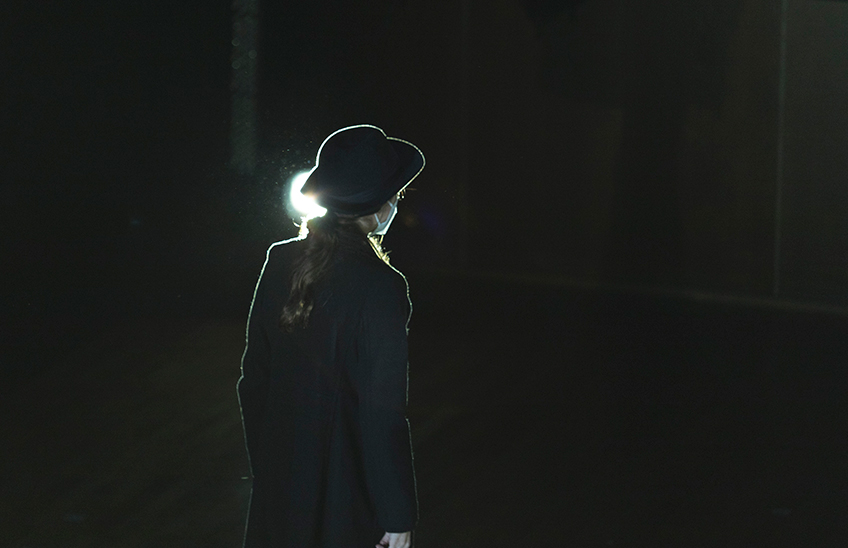Cartografías de la música continues this week with 'Brundibar', a family opera by Hans Krása performed by the little singers of the JORCAM.
The play, produced by the Fundación Juan March, will be presented at the Museum this Saturday, March 12, at 7:30 pm. Tickets cost 14 and 16 euros. Special price of 6 euros for children under 12 years.

The choir of little singers of the Youth Orchestra of the Community of Madrid (JORCAM) arrives at Museo Universidad de Navarra, within the program Cartografías de la Música, this Saturday, March 12, at 7:30 pm, to perform the family opera Brundibár, produced by the Fundación Juan March. The work, composed in 1938 by the Czech musician Hans Krása, was not premiered until the winter of 1942 in a Jewish orphanage in Prague. The musical direction of this piece has been carried out by Ana González and the scenic direction is a work of Tomás Muñoz. The children singers will be accompanied on piano by Karina Azizova. Tickets are 14 and 16 euros and there is a special price of 6 euros for children under 12 years old.
Brundibár, which in Czech means "the bumblebee", tells the beautiful story of siblings Aninka and Pepicek, who need to buy milk for their mother but have no money, so they decide to imitate Brundibar, the organ grinder. He is not willing to help them, nor to give them a place in the village square, so the brothers resort to the help of a sparrow, a cat, a dog and the rest of the village children to achieve their purpose.
As its stage director explains, "it is a very interesting work because it was composed before the extermination camps and the Nazi invasion. When Hans Krása composed this play he was simply thinking of a children's fable. The values of solidarity and confronting tyranny, which functioned as a simple fable, reveal their full meaning when it is premiered in Nazi-occupied Prague and later in the concentration camp".
In these days in which the vindication of peace becomes essential, with this piece we turn our gaze towards history to learn from it. The composer was deported to the Terezin concentration camp, a walled Czech city that in 1941 was turned into a Jewish ghetto by the Nazis as a transit point to Auschwitz. It was in the camp where he rewrote it, since he could not take the score with him, and where it was premiered again on September 23, 1943, as part of the National Socialist plan to turn Terezin into an element of propaganda. The opera served as a pedagogical tool to inculcate values in the young people of the camp, thus circumventing the censorship of the regime. The work was performed 55 times with the help of the camp children and was an extraordinary success. In 1944, Hans Krása died in Auschwitz.
The program is completed with a musical prologue by Viktor Ullmann, Ilse Weber and Karel Švenk, Czech composers who composed in Terezin and were murdered by the Nazis.